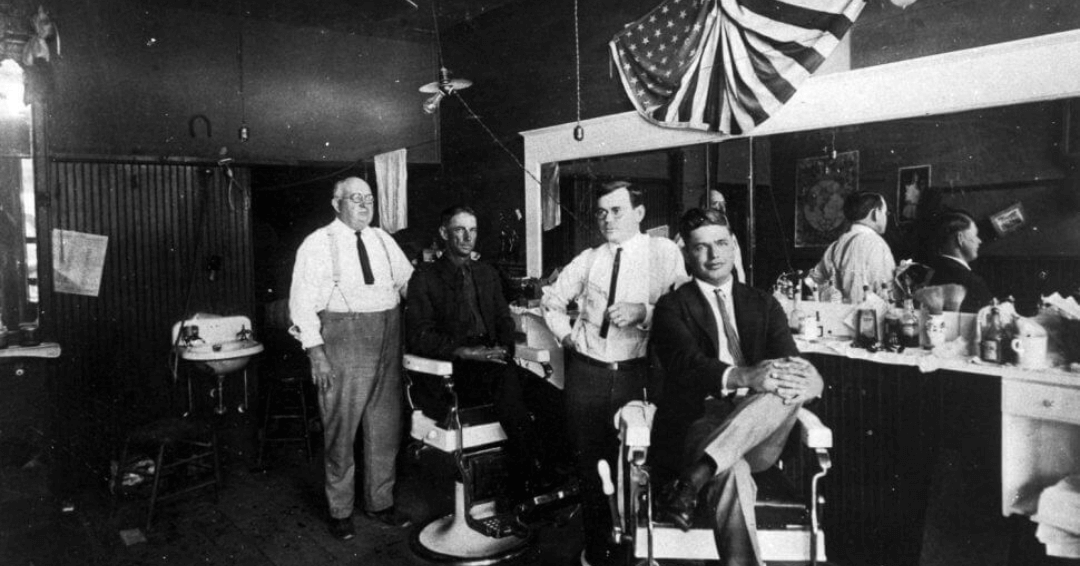
Some Old But Prominent Rules For Salon Capes
Share
This is the story from Minnesota Enforcing Health Guidelines in Late 90’s
How do you clean your cape? That's one of the tough questions Minnesota Cosmetologist are having to answer these days.
Field officers from the State Department of Commerce's Enforcement Division are fanning out to monitor the state's licensed barbers and beautician's compliance with the guidelines set forth in charter rule 2642. Since the State of Minnesota restructured the departments and moved cosmetology from licensing to the enforcement division, officers have been going full speed ahead, issuing over 500 citations for non-compliance with these regulations in under three years. The rules requiring washed and sanitized salon capes are nothing new; they've been on the books for some time now. What's new are the more stringent enforcement standards and the fines for violations that this change in departments has ushered in. Salons had a nine-month grace period when information on the rules were handed out by state field officers. Now salons have had a shock, when they find out that, at best they have a ten-day period to correct and document their methods, or at worst they are slapped with a whopping $2000 per instance fine for violations. Yes, the state is getting tough. With stricter enforcement, fines, individual inspections at the salons and seminars being held at the state shows for schools and Cosmetologist, cleaning your capes has become a serious business!$2000 Fine for Not Cleaning Your Cape!
YES! You read right. It is possible in Minnesota to receive a penalty of up to $2000 per instance of occurrence for not washing or sanitizing your barber capes. That is per instance of each violation, which means ten haircuts at $2000 per violation can add up to an incredible $20,000 in possible fines! Presently, the state has not issued any fines of this magnitude, but field officers are handing out the citations and are closely watching all salons. It has been reported they are taking an especially hard look at the procedures and compliance on the part of chains, franchises, and major salons.So Now, All Fabric Capes Must Be Washed, After Each Use!
State officials believe that it is "only a matter of time" before a salon customer contracts an illness such as Dermatitis or even AIDS from the use of an unclean cape. This is what is behind Minnesota's tough new policies of enforcement of clean cape standards. The guidelines set forth in charter rule 2642 state that all fabric material capes must be laundered at 160 degrees Fahrenheit after each use. Even if they are waterproofed on one side, they still must be laundered after each use! According to Mike Laterno, the head man in charge of enforcement at the Minnesota Department of Commerce, says all porous fabric can pick up microscopic bacteria, blood and other secretions from customers' arms, hair and other parts of their body. Much of this matter is not dislodged by a simple flapping to the cape over the floor to remove hair. The cape may look clean to the naked eye, but not to the microscope!“Keep your SAFETY capes SAFE”

